Beli, also known as bael fruit, is a round, pear-shaped, or oblong fruit with a hard, woody shell that is native to India but also found in Sri Lanka:
-
AppearanceThe fruit can be yellow to gray-greenish in color, and can grow to the size of a large grapefruit or pomelo. The shell is so hard that it needs to be cracked open with a hammer or machete.
-
TasteThe fruit has a sweet, aromatic, and pleasant flavor, with some varieties being tangy and slightly astringent. The pulp is described as tasting of marmalade and smelling of roses.
-
TextureThe pulp is aromatic, pale-orange, sticky, and resinous, with 10–60 seeds embedded in it. The seeds are covered with a colorless mucilage substance.
-
Nutritional valueBael fruit is rich in nutrients like beta-carotene, protein, riboflavin, and vitamin C. It also contains vitamins B1 and B2, thiamine, niacin, carotene, and minerals like calcium, potassium, fiber, and good fats.
-
Medicinal usesBael fruit is considered to have medicinal properties, including hepato-protective and anti-cancerous properties. It is also said to be beneficial in treating tuberculosis, hepatitis, ulcer, and digestive problems.
Bael fruit is consumed fresh or processed into jams, syrups, puddings, or mixed into traditional sweets.

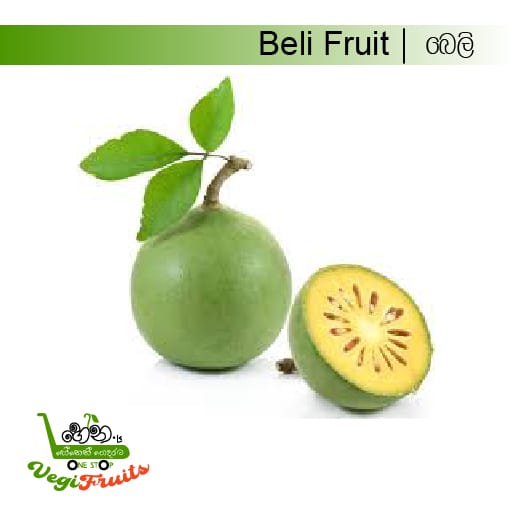
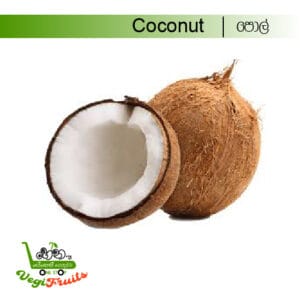
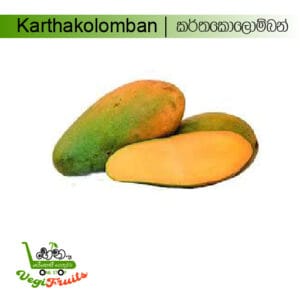
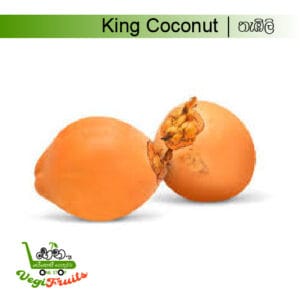
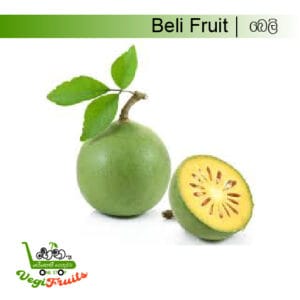
Reviews
There are no reviews yet.